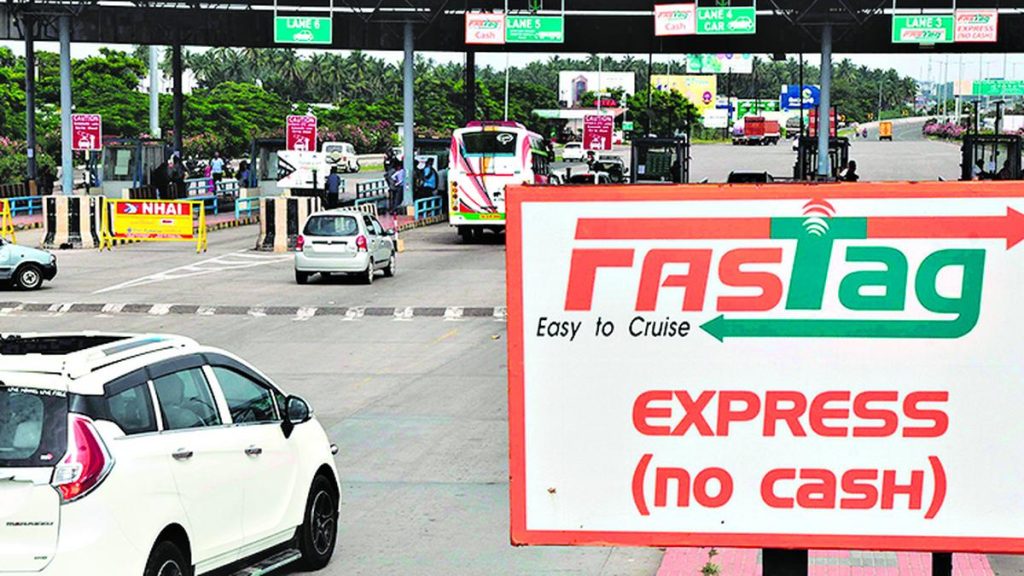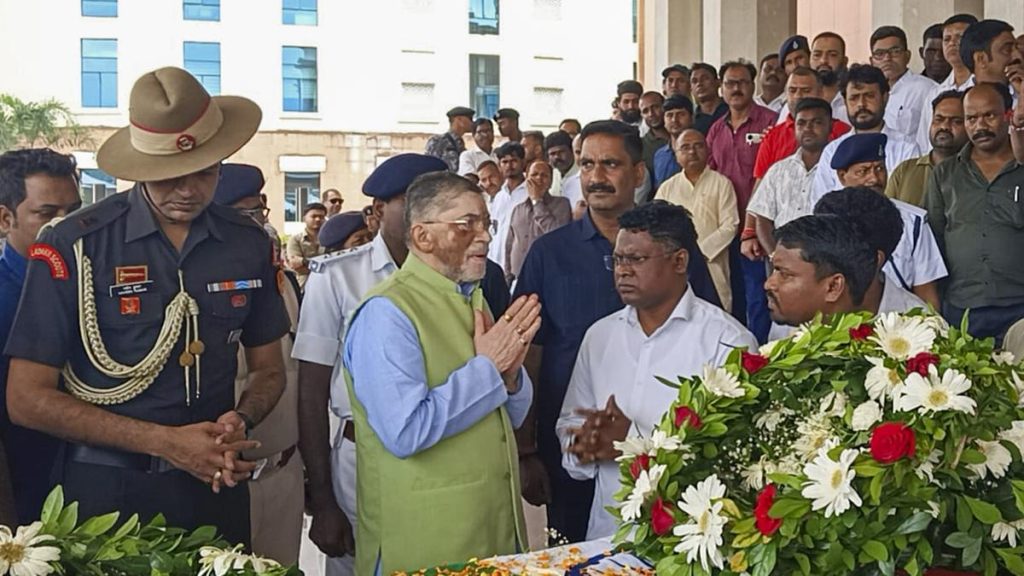Now Reading: Manapatty: The Tamil Nadu Village Where Nearly Everyone is a Wedding Cook
-
01
Manapatty: The Tamil Nadu Village Where Nearly Everyone is a Wedding Cook
Manapatty: The Tamil Nadu Village Where Nearly Everyone is a Wedding Cook
Rapid Summary
- Location & Context: Manapatty village in Melur taluk, Madurai, is renowned as the hub for wedding caterers in southern Tamil Nadu.Most villagers are highly skilled cooks with decades of experience.
- Historical Origin: The tradition started during the 1960s when a severe drought pushed the villagers to shift from agriculture to cooking under the mentorship of a pioneering wedding cook named Vairavan.
- Legacy: The village now houses over 25 catering masters and 650 families deeply involved in cooking. Many have established businesses that serve large-scale events across Tamil Nadu and beyond, including political gatherings and international assignments (e.g., Singapore).
- Signature Dishes: Popular dishes include mutton biryani, mutton nei chukka, chicken kootu varuval, and unique items like chinna vengaya oorga (madurai-style shallot pickle). Cooking is done traditionally over wood-fired stoves.
- Business Expansion: balasundhar, an educated native of Manapatty, has opened an outlet for takeaway services called “Manapatty Biriyani” to standardize recipes using social media while aiming for collective branding.
- Scaling Operations: Catering teams frequently enough hire assistants from nearby villages. cooking can involve intensive group effort-for instance, preparing meals for thousands often requires dozens of cooks working collaboratively.
Indian Opinion Analysis
The story of Manapatty demonstrates how resourcefulness and cultural ingenuity can transform adversity into prospect. Faced with failed agricultural prospects during a historical drought, its residents pioneered catering as their livelihood-a lineage still thriving decades later.This showcases grassroots resilience coupled with an intergenerational transfer of culinary expertise.
With increasing urbanization and migration forcing rural communities to adapt away from traditional farming economies nationwide, the entrepreneurial model established by villages like Manapatty coudl inspire similar transformations across India’s less industrialized regions. Additionally, methods such as branding through digital platforms represent sustainable growth strategies adaptable to modern markets without losing cultural authenticity.
though successful this niche craftwork might potentially be commercially or culturally serialized online (e.g., @manapatty_biriyani), scalability faces challenges-catering remains seasonal work requiring manual labor-intensive assistance which limits automated expansion or industry-level modernization at present without diluting legacy precision memorized unwritten storytelling! Read More The Hindu Article

























